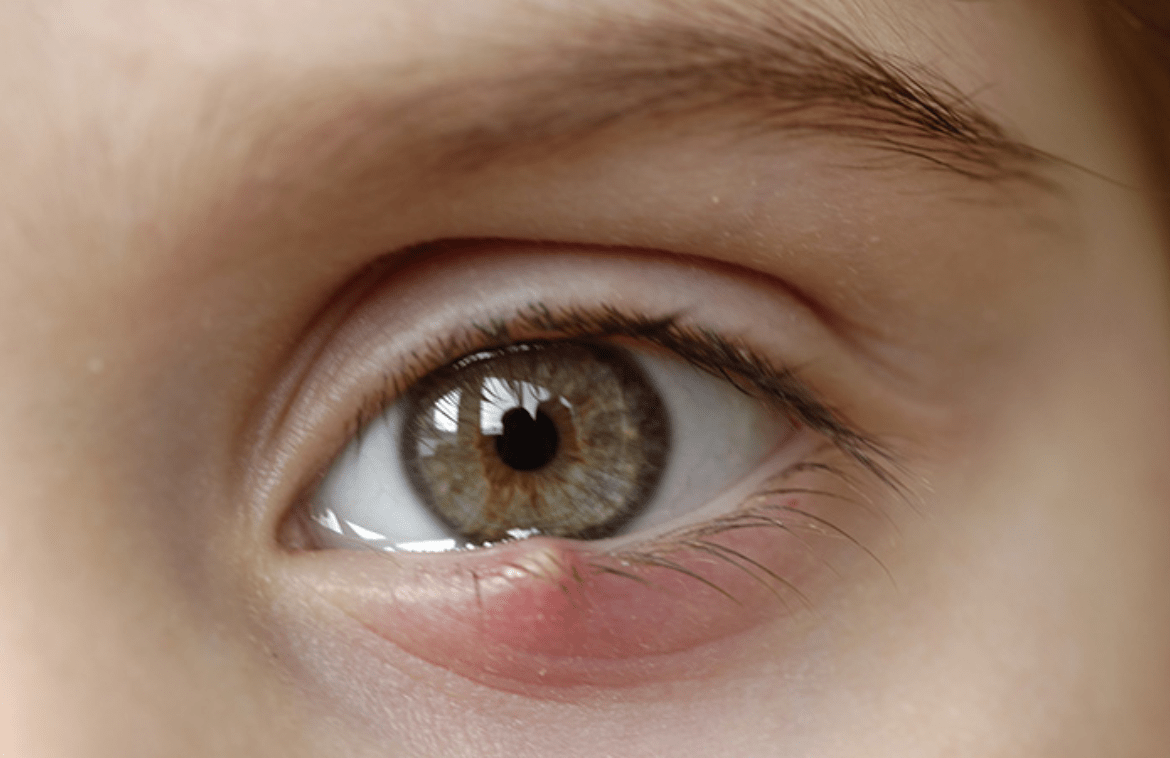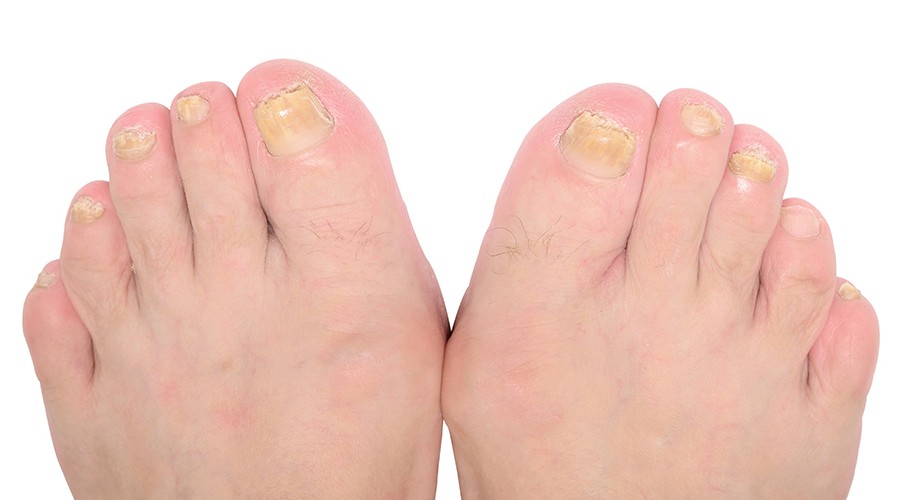Angina Pectoris Treatment – Causes, Symptoms
Angina Pectoris can be treated with the help of homeopathic medicines and lifestyle changes can prevent it as well. Exercise and yoga do help.
Angina Pectoris happens to be a medical term for chest pain, which occurs on account of an obstruction in the coronary artery. Angina is rather hard to differentiate from other types of chest pain. It is not a disease by itself, but a symptom for many other life-threatening heart diseases. Homeopathic medicine for angina pain does help in healing this health issue.
What is Angina Pectoris?
Angina Pectoris is acknowledged as a sudden, sharp, intense and crushing pain that tends to radiate across the chest and spreads to the neck, jaw, shoulders, arms, and into the back.
Types of angina:
1. Stable Angina happens to be the common form of angina in which the pain does last for 5 to 15 minutes. Physical activity, anxiety, emotional stress, cold temperature as well as heavy meals do trigger the condition.
2. Unstable Angina (a.k.a Acute Coronary Syndrome) that usually occurs at rest and the pain is indeed long-lasting that does occur repeatedly. Unstable angina mostly does occur due to the blockage of an artery and can be a sign of a heart attack.
3. Prinzmetal’s Angina (a.k.a Variant Angina) happens to be a rare as well as a painful condition that does happen during sleep due to the tightening or narrowing of the arteries.
4. Microvascular Angina (a.k.a Cardiac Syndrome X) is indeed due to abnormalities in the tiny arteries that does regulate blood supply to the heart.
 Causes of Angina Pectoris
Causes of Angina Pectoris
- Pulmonary Embolism (blockage in the major artery of the lungs)
- Hypertrophic Cardiomyopathy (enlarged heart)
- Aortic Stenosis (narrowing of the heart valve)
- Pericarditis (swelling of the heart membrane)
- Aortic Dissection (tearing of aortic walls)
Symptoms of Angina Pectoris:
- Chest pain or discomfort
- A feeling of fullness in the chest
- Pain in the arms, neck, shoulder, throat or back
- Shortness of breath
- Sweating
- Dizziness
- Abdominal pain
- Fatigue
- Nausea
- Vomiting
- Weakness
Risk Factors
- Family History: Individuals who suffer from a family history of heart disease are at greater risk of developing angina.
- Older Age: Males with 45 years as well as females with 55 years or more are at increased risk of angina.
- An Inactive Lifestyle: An inactive lifestyle does increase cholesterol level and blood pressure, which contributes to angina.
- Stress: Stress does raise the blood pressure and also releases the hormones that narrow the artery and also increases the risk of angina.
- Smoking and Tobacco Use: Smoking as well as the use of tobacco in any other form damages the walls of an artery and leads to the formation of plaque (deposits of cholesterol).
- Diabetes: Diabetes does increase cholesterol levels and fastens the process of atherosclerosis that leads to angina.
- High Blood Pressure: High blood pressure damages the arteries by hardening them; damaged arteries increase the risk of angina.
- High blood cholesterol levels: High blood cholesterol levels do lead to narrowing of the arteries and also reduce the blood flow to the heart, which in turn leads to angina.
Drug therapy:
- Nitrates are prescribed in order to widen the blood vessel by improving the blood flow to the heart muscle.
- Anti-platelets, such as aspirin do reduce the blood clot and also improve the blood flow, thereby reducing the risk of a heart attack.
- Beta-blockers block the action of certain hormones and manage abnormal heartbeat. Thus, it does make the heart to beat slowly with less force and prevents angina.
- Statin blocks the action of certain enzymes that make the cholesterol. Thus, it does reduce cholesterol levels and helps in treating angina.
Homeopathic medicine for angina pain can be made use of as well.
Surgery:
In case medications do not work then the doctor may suggest the following surgery:
Angioplasty/stenting which is carried out by the insertion of a tiny balloon inside the narrowed artery. The balloon is inflated to widen and restore the blood flow in the artery. A stent (a small tube made of metal) is left inside the artery in order to keep the artery open.
Coronary artery bypass grafting (CABG)/ bypass surgery is performed by making use of a healthy artery or vein to bypass a blocked artery. This surgery does improve blood flow and also treats angina.
Lifestyle modifications:
- Smoking cessation
- Exercising regularly
- Eating a healthy diet
- Avoiding stress
- Limiting the intake of alcohol
- Performing yoga
Homeopathic medicine for angina pain are also beneficial.









Hi, I liked your post, most useful, informative & Well-maintained. keep it up.